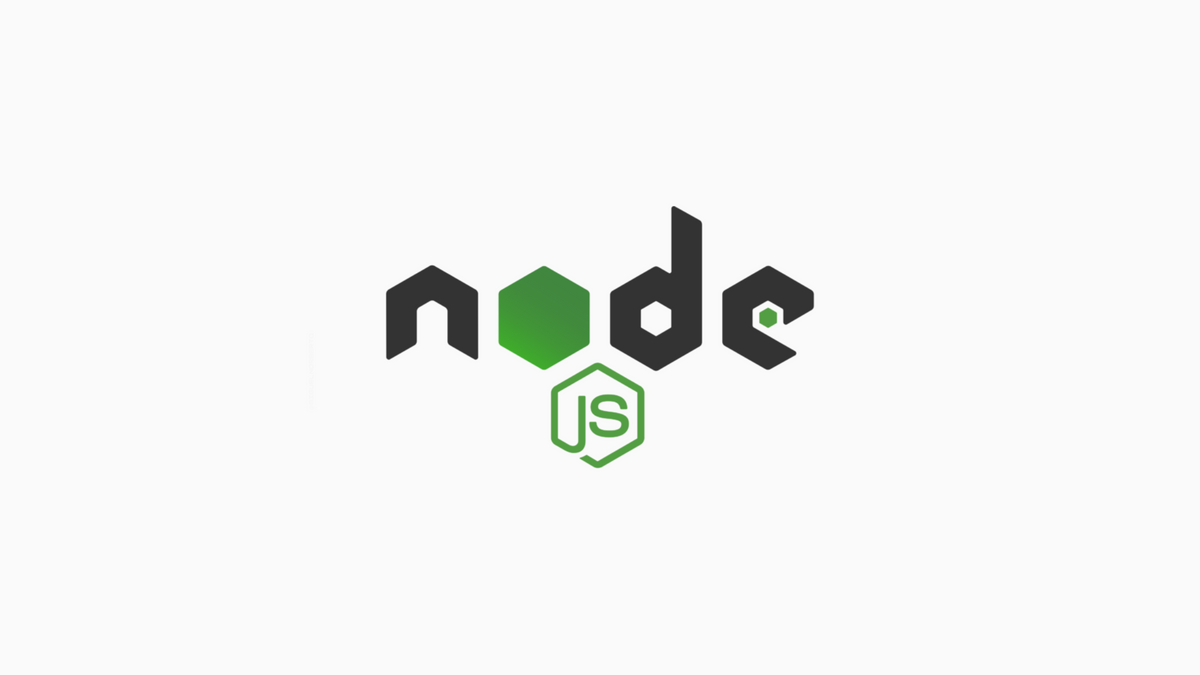NodeJS: A New Way to Code

Ryan Dahl created Node.js in 2009. The project’s goal was to create a runtime environment for developing Web Applications that would be faster and more efficient than the current options available at the time.
Node.js is based on the V8 JavaScript engine created by Google.
Node.js is a runtime environment and library for running JavaScript applications outside a web browser. Node.js uses an event-driven, non-blocking I/O model that makes it lightweight and efficient.
Node.js applications are written in JavaScript and run on Windows, Mac OS X, and Linux.
How to get started with NodeJS:
NodeJs is a runtime built on Chrome’s V8 Javascript engine. It uses an event-driven, non-blocking I/O model that makes it lightweight and efficient. As a result, NodeJs is perfect for data-intensive real-time applications. This article will show you how to get started with NodeJs.
First, you need to install NodeJS. You can find installation instructions on the NodeJS website.
Next, you need to create a file called “server.js” and enter the following code:
var http = require(“http”); http.createServer(function (req, res) { res.writeHead(200, {“Content-Type”: “text/plain”}); res.end(“Hello World
”); }).listen(1337, “127.0.0.1”); console.
Real-world examples of NodeJS in action:
NodeJS is a Javascript runtime that enables developers to create scalable network applications. Its popularity is due to the fact that it makes use of event-driven, asynchronous I/O.
This makes it perfect for data-intensive applications and web services. Here are two examples of how NodeJS is being used in the real world:
- Joyent, a cloud computing company, uses NodeJS to power it’s public and private clouds. In addition, their SmartMachines product uses NodeJS for its scalability and performance.
- Netflix, one of the world’s largest streaming companies, uses NodeJS extensively in their backend infrastructure. They released an open-source library called Nodepool, which helps developers automate the process of spinning up and managing clusters of Netflix’s open-source data processing platform - Apache Mesos.
The future of NodeJS:
NodeJS is a powerful platform that enables developers to create fast, scalable network applications. It uses an event-driven, non-blocking I/O model that makes it lightweight and efficient. As a result, NodeJS has seen immense popularity in recent years, and the future looks bright for this innovative technology.
One of the main reasons for NodeJS’s success is its vast ecosystem of modules and tools. There are thousands of modules available on npm, the largest collection of open source code globally. This makes it easy for developers to find what they need and get started quickly.
Another key advantage of NodeJS is its close integration with JavaScript, one of the most popular programming languages globally. In addition, javaScript is known for its flexibility and ease of use, making NodeJS a great choice for web development projects.
Why use NodeJS?
NodeJS is a good platform because of its scalability, efficiency, and robust features. As a result, it has become a popular choice for web development projects and has a large community of supporters.
More NodeJS developers are needed to meet the increasing demand with its growing popularity. If you are interested in learning this technology, many resources are available to help you get started.